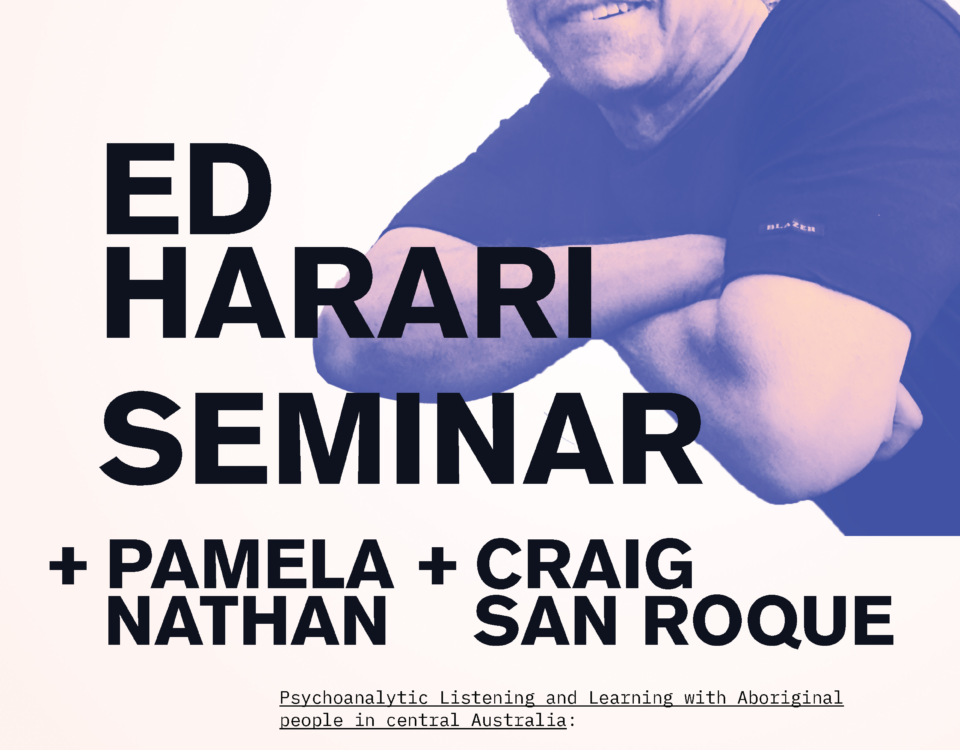Congratulations to Pat Anderson
January 1, 2014Police pledge on racial bias a positive step
January 3, 2014by Pamela Nathan
Richard Gluyas – a journalist and friend of mine – has written an exclusive, titled ‘Practical approach to “Closing the gap”’ in The Australian Business section, dated December 28-29, 2013.
…yes, we are a few days behind but it is the holiday season! I congratulate him on writing such a comprehensive article on the commitment of KPMG to “promoting economic prosperity in indigenous Australia” which may encourage other businesses to follow suit and may inform the uninformed about business opportunities! And I congratulate KMPG for their impressive contributions to closing the gap. Richard Gluyas describes how KPMG made a trip to Cape York in 2006 which catalyzed them to contribute professional skills to the sustainability of indigenous organisations and businesses. They formed a partnership agreement with Jawun Indigenous Corporate Partnerships in 2007 leading to the firm’s first Reconciliation Action Plan (RAP) in 2009.
KPMG is making an impressive contribution. The organisation conducted a social impact assessment and has ‘valued the KPMG RAP at $12 million on $5 million investment, or $2.40 for every dollar invested. The main beneficiaries were indigenous businesses and communities (53 percent) with the remaining benefits (47 percent) recognized by KPMG and its employees’. Twenty percent of its honorary work now supports AITSI organisations and businesses, more than 150 people have been seconded to work in indigenous communities and KPMG has sourced more than $1 million in goods and services from indigenous owned businesses.
Most impressive is the honorary program of KPMG. The duration of secondment can be from 4 weeks to four months and is used as a REWARD for high performing employees. As Richard writes, secondment “is therefore seen as a mark of achievement and a rounding out of professional skills”. One might also venture to say that the secondment may represent a two way process between Aboriginal Australians.
Richard interviewed a KPMG Director, James Mabbot, who accepted a secondment in Redfern. His “proudest achievement on secondment was securing a permanent home for Babana – to help Aboriginal men reconnect with their cultural roots – as well as government funding for a full-time indigenous employment officer.” Mabbot found the process of secondment to be two way. He describes the “immense value” of the secondment making him a “huge advocate” where he found that the experience of “working in an outside organization with few resources forced him to develop creative thinking and to be innovative about solving problems”. He continues to involve his family in social and cultural gatherings and has found the indigenous people to be most welcoming.
Richard reports that the KPMG Chairman Peter Nash says Mabbot’s experience is not unique but rather typical of many secondees. Indeed Nash states the process of secondment is “a two-way benefit” returning his people with a “much-enriched set of skills and abilities”. Developing skills of sustainable commercial value is an antidote to the welfare and can make a difference in closing the gap.
Richard Gluyer has written an exclusive on an impressive business reconciliation action plan by a major business organisation, KPMG, and both Richard and KPMG are to be congratulated in their contributions to reconciliation and equality. KPMG has blazed the trail in taking on some responsibility for the enormity of the gap and for their emphasis on future opportunities and possibilities which herald economic independence and sustainability which will contribute to the social and emotional well being of indigenous Australians. CASSE will certainly promote the RAPs of KPMG and believe they herald important practical strategies toward empowerment and healing.





